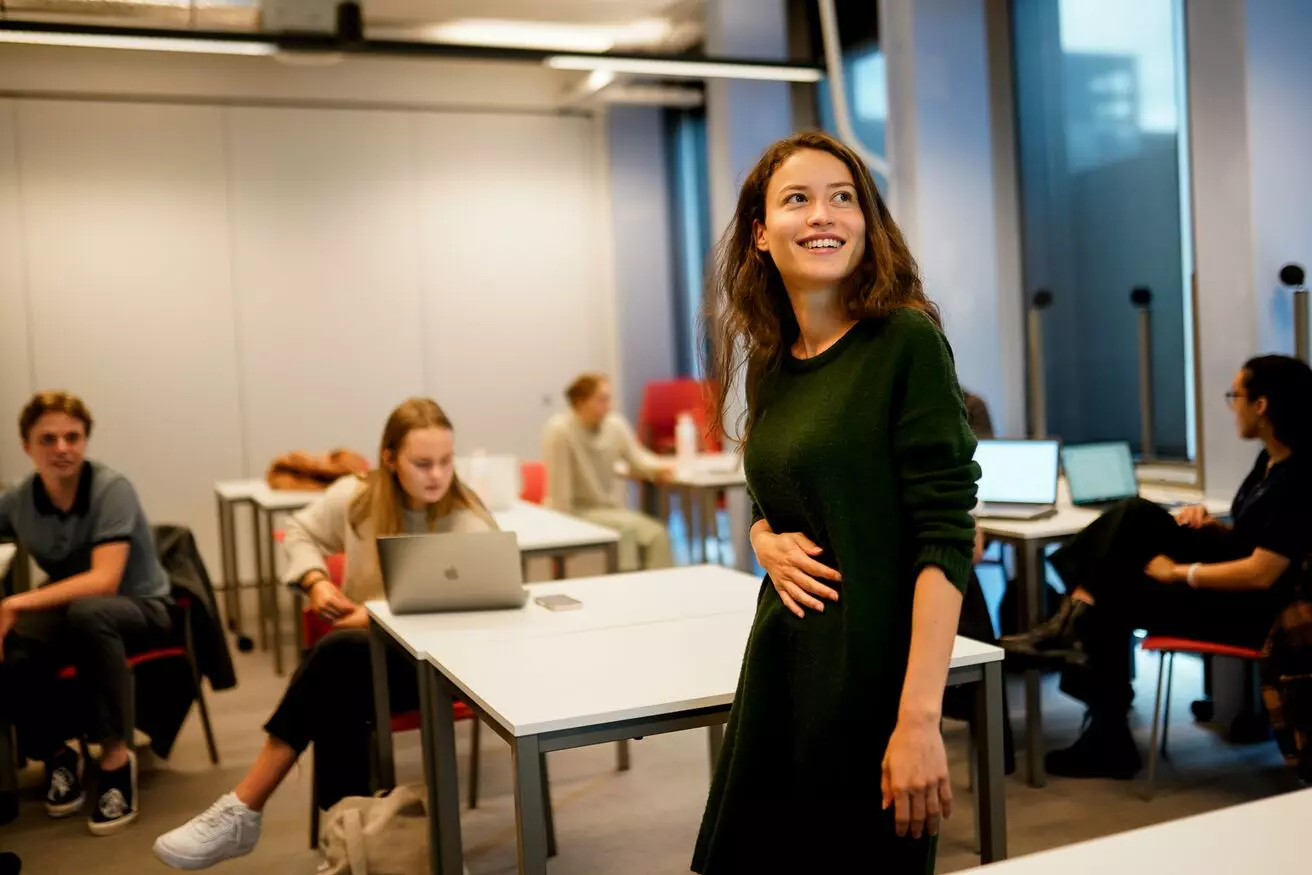Not found

More vacancies

Research-Assistant ASCoR
- Faculty of Social and Behavioural Sciences
- €2.925 - €2.981
- Closes on03-07-2025
- University
- Minimum 16 hours
Are you a motivated and detail-oriented (Research) Master student that is eager to support our researchers at the Amsterdam School of Communication Research (ASCoR)? Do you have a broad interest in academic research in the field of Communication Science? Then, apply for this position!
View vacancy

Teaching Assistant for Practical Training: Psychological Research (PTPR)
- Faculty of Social and Behavioural Sciences
- €2.795 - €3.030
- Closes on15-06-2025
- University
- Minimum 10 hours
Are you currently doing a Psychology master's degree and enjoy academic writing? Do you enjoy communicating with students, and are you looking for a job besides your studies that is fun and a great addition to your CV? This may be the opportunity for you!
View vacancy

Core Lecturer Computational Social Science
- Faculty of Social and Behavioural Sciences
- €4.537 - €6.209
- Closes on10-06-2025
- PhD
- 38 hours
Would you like to help students become future change-makers and pioneers in computational social science? Are you passionate about project-based teaching and eager to apply transdisciplinary education to its fullest potential?
View vacancy
This website uses cookies
We, and third parties, use cookies on our website. We use cookies to ensure that our website functions properly, to store your preferences, to gain insight into visitor behavior, but also for marketing and social media purposes (showing personalized advertisements). By clicking 'Accept', you agree to the use of all cookies. In our Cookie Statement. you can read more about the cookies we use and save or change your preferences. By clicking 'Refuse' you only agree to the use of functional cookies.
